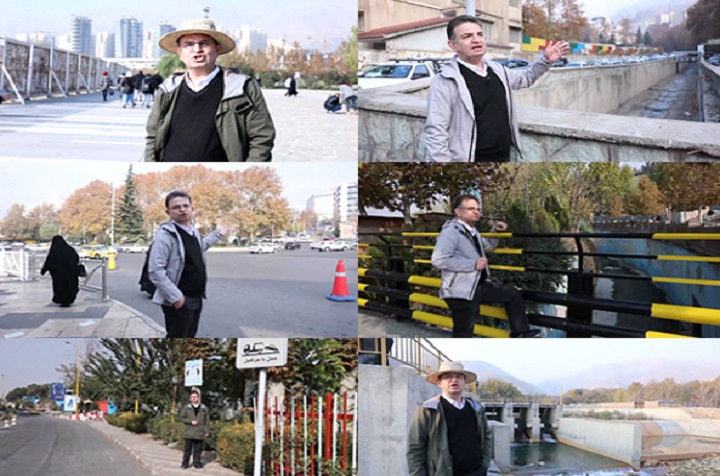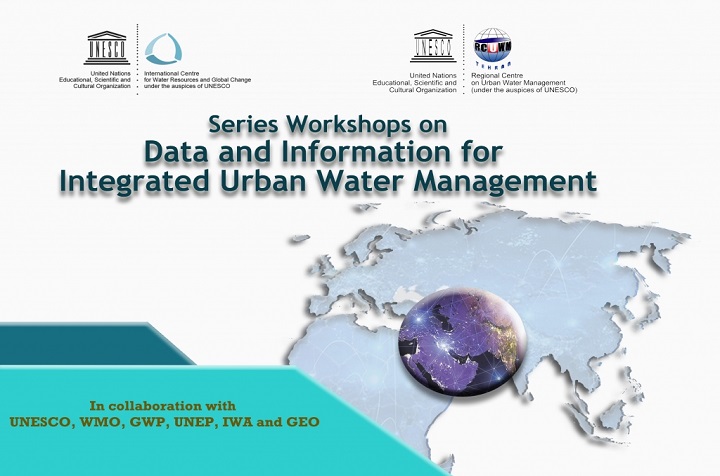By the year 2025 an estimated 4 billion people will live in countries with high water stress. Indeed, for large parts of the globe a water crisis already exists while for others, crisis loom in the near future. The picture becomes exacerbated in the light of climate change predictions. A need for the sustainable use of water resources is now strongly established internationally. Nonetheless, in many regions of the world associated measures can only postpone the time of crisis. Alternative water resources need to be found, and when conventional alternatives are depleted, the use of “unconventional” resources will have to be intensified.
The two most important of these are water reclamation and seawater desalination. Other unconventional sources would include rainfall stimulation, the transport of icebergs and fog harvesting for which practical and large scale applications still have to be demonstrated satisfactorily. Water reclamation also referred to as water reuse emerged as a strategic option in water management during the late 1960’s.
In 1975, Kuwait became the first country to rely on desalination of seawater for drinking water supply. Since then there has been a dramatic increase in the number of desalination plants. Desalination technology has become increasingly more efficient and affordable, and seawater desalination is virtually confined to distillation technologies and reverse osmosis membrane desalination.
In this ration the Regional Centre on Urban Water Management-Tehran under the auspices of UNESCO in close cooperation with the Ministry of Regional Municipalities and Water Resources, Sultanate of Oman are planning to organize the International Seminar on Use of Unconventional Water in Urban Water Management which will present a network highlighting the most important aspects of unconventional water use in arid and semi-arid regions of urban areas.
Objectives:
The objectives of this Seminar are:
- a) To introduce the new scientific and technological concepts and tools of use of unconventional water in the context of urban water supply, highlighting the successful experiences;
- b) To introduce scientific and technological innovations;
- c) Support the scientific researches in use of unconventional water in urban water management.




